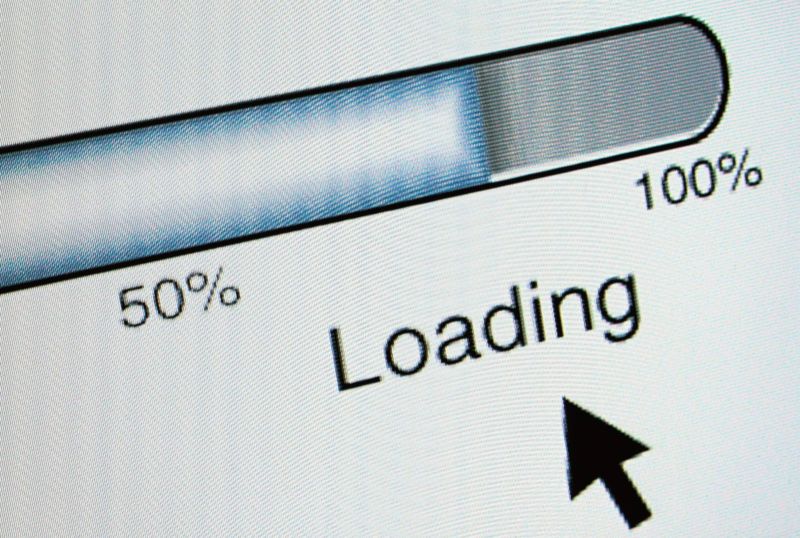
AT&T doesn't want its home Internet speeds to be measured by the Federal Communications Commission anymore, and it already convinced the FCC to exclude its worst speed-test results from an annual government report.
"AT&T this year told the commission it will no longer cooperate with the FCC's SamKnows speed test," The Wall Street Journal wrote in an investigative report titled "Your Internet provider likely juiced its official speed scores."
AT&T already convinced the FCC to exclude certain DSL test results from last year's Measuring Broadband America report. The reports are based on the SamKnows testing equipment installed in thousands of homes across the US.
"AT&T was dismayed at its report card from a government test measuring Internet speeds" and thus "pushed the Federal Communications Commission to omit unflattering data on its DSL Internet service from the report," the Journal wrote.
"In the end, the DSL data was left out of the report released late last year, to the chagrin of some agency officials," the Journal wrote. "AT&T's remaining speed tiers notched high marks."
Pai’s FCC gives less attention to speed tests
The Obama-era FCC began the Measuring Broadband America program in 2011 to compare the actual speeds customers receive to the advertised speeds customers are promised. The FCC released reports annually through 2016, but the testing program has gotten less attention since Ajit Pai became chairman in January 2017.
As we wrote in November 2018, the FCC hadn't yet released any new Measuring Broadband America reports since Pai became chair. Pai's FCC in December 2018 finally released both the 2017 and 2018 reports, tucking them into the final appendices of a larger "Communications Marketplace Report." You can see all the Measuring Broadband America results from over the years at this page.
The 2017 report includes two categories for AT&T, one for its oldest DSL technology and another for its DSL-based IP broadband with speeds of up to 45Mbps. While AT&T's oldest DSL service only provided 82 percent of advertised download speeds, AT&T IP broadband was over 100 percent. The 2018 report only includes AT&T's IP broadband category, leaving out the company's worst results.
Satellite Internet provider ViaSat also "left the FCC's program" last year, the Journal wrote. ViaSat results were included in the 2018 report, which covers tests from September 2017.
We asked the FCC yesterday if it will include any AT&T and ViaSat test results in future reports, since SamKnows testing equipment could still be in AT&T and ViaSat customer homes, and we asked when the next Measuring Broadband America report will come out. We'll update this article if we get any answers.
AT&T says its own speed test is better
AT&T defended its decision to drop out of FCC testing when contacted by Ars. "AT&T developed a best-in-class tool to measure its consumer broadband services," the company said in a statement provided to Ars. "This tool measures performance on all AT&T IP broadband technologies and is more accurate, versatile, and transparent. For these and other reasons, our tool provides better and more useful information to our customers."
But consumers have less reason to trust a speed-test tool created by AT&T than one created by the FCC. Even with the FCC's speed tests, AT&T was able to exclude unflattering results. It would be even easier to dump slow speed-test results when AT&T is the one determining which numbers to show the public.
AT&T and the mobile industry's top lobby group have also argued that carriers shouldn't have to submit detailed 5G maps to the FCC. Separately, the FCC said this month that Verizon, T-Mobile, and US Cellular exaggerated their 4G coverage in official government filings.
Back in 2011, AT&T touted the FCC's in-home speed tests as being far more accurate than previous testing methodologies. But the company's opinion then seems to have been influenced by early test results that AT&T said showed "consumers are getting high-quality broadband services from their ISPs."
reader comments
160